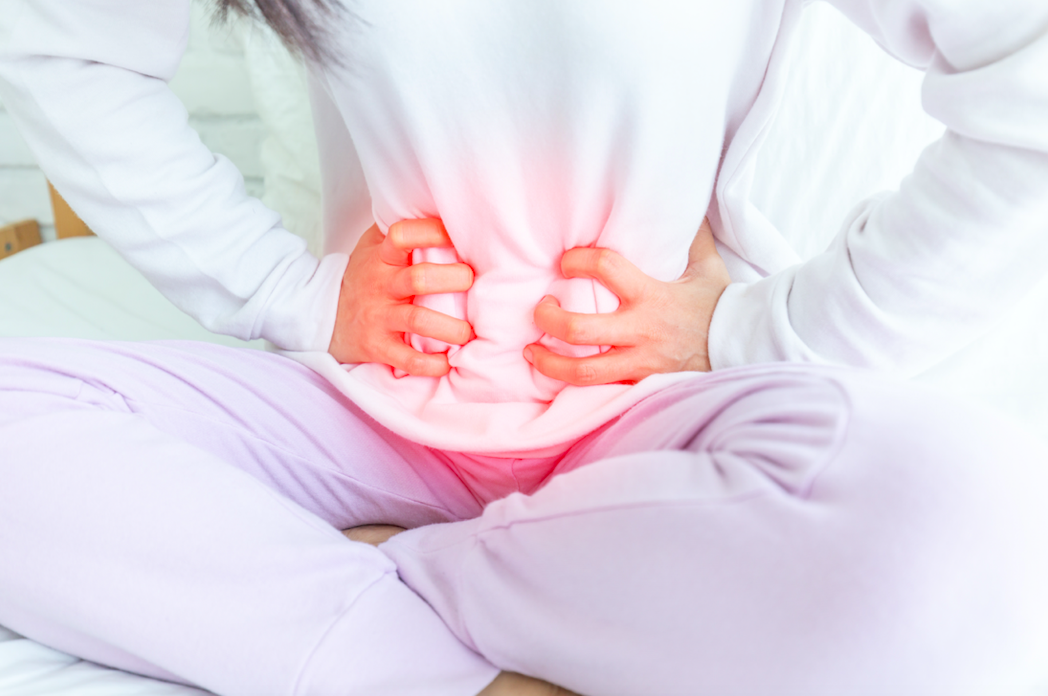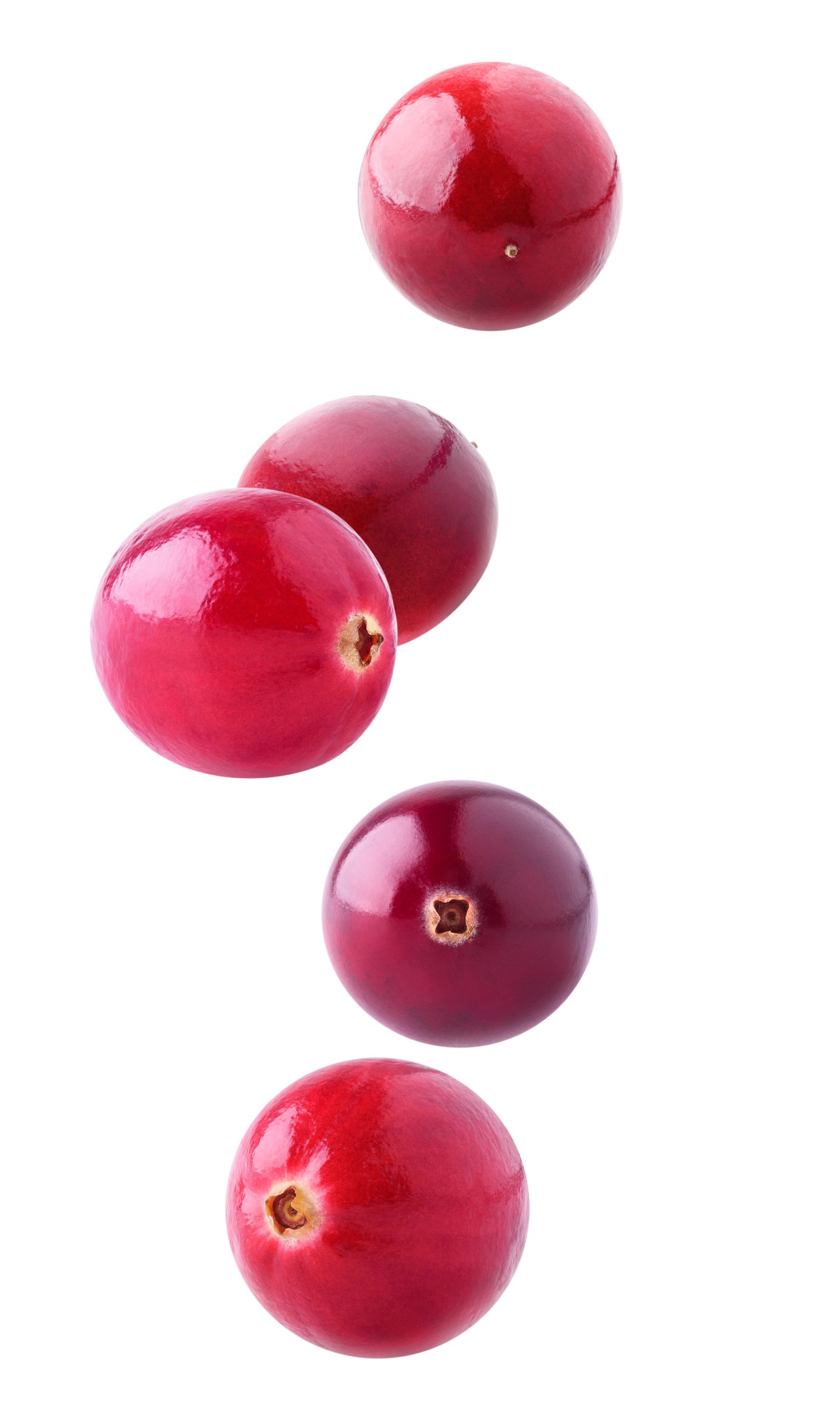Cystitis is an infection in the bladder caused by bacteria that usually live harmlessly in your bowel. Cystitis is common amongst women, although the bacteria can affect men and children too. Because the infection typically only affects the bladder it is called a lower urinary tract infection (UTI). Cystitis is usually caused by the bacteria E coli (Escherichia coli) that get into the urethra from the surrounding skin (the urethra is the tube from the bladder used when passing urine)1. As the urethra is nearer to the anus in women than it is in men, it is easier for the bacteria to get transferred into the urethra. While cystitis is often very painful, for most women it usually clears up within a few days once treated. However, some women are more prone to getting UTIs than others and may get recurrent bouts.
The symptoms of cystitis (UTI) include;
➜ A stinging or burning sensation when urinating.
➜ The need to urinate frequently or urgently even if you pass very little or no urine.
➜ Urine that is cloudy or dark coloured, and may have a strong smell.
➜ Blood in the urine.
➜ Pain or tenderness in the lower back or lower abdomen.
➜ A general feeling of being unwell.

What do I do if I think I have cystitis (UTI)?
Antibiotics are recommended to treat cystitis (UTIs)1. This means you will have to see a medical professional to treat the infection. Your doctor can run a urine sample test to determine whether an infection is present and will usually prescribe a 3 to 5 day course of antibiotics. Alternatively, many pharmacists sell an antibiotic called trimethoprim which treats a UTI. This is a useful option as visiting a pharmacist may be easier and cost less than seeing your GP.
However, if you have a fever, your symptoms do not get better with antibiotics, or you have pain in your flank (either side of your back, between your ribs and hips), it can mean that the infection has reached the kidneys and you should go to your doctor immediately. You should also visit your doctor if you are pregnant or have other complicating factors.
Furthermore, as the symptoms of cystitis are similar to other infections, such as sexually transmitted infections like chlamydia, it is important that you go to your doctor or visit a Family Planning clinic or a sexual health clinic. The doctor will ask you to provide a sample of urine that will be tested on site or sent to a laboratory.
How can I prevent cystitis (UTI)?
Ensure you wipe from front to back when you go to the toilet, stay hydrated, wear loose cotton underwear, urinate after sex, fully empty your bladder while urinating, and choose showers over baths.
You can also try avoiding perfumed bubble baths and soaps, holding your urine in when you need to go, wearing tight or synthetic underwear (e.g. nylon) and jeans/trousers which are too tight. You may also wish to avoid condoms with spermicidal lube, as these may increase the risk of UTIs.
Home treatments
Alongside taking antibiotics, paracetamol and ibuprofen can help manage pain. Make sure you drink plenty of water, as this can aid in flushing out urinary bacteria. To reduce burning sensations while urinating you can try taking products to alkalise your urine, such as Ural®.

Cranberry juice and D- mannose
Popular at-home treatments include cranberry juice and D-mannose. There is no clinical evidence to suggest that cranberry juice treats or prevents UTIs2. Emerging research suggests D-mannose, a sugar found in some fruits and vegetables, may play a role in the reduction and treatment of UTIs. There is not yet enough evidence to recommend D-mannose for UTIs. More randomised trials are needed, and researchers are unsure of the correct dosage of D-mannose needed3.
Useful links
Health navigator NZ » detailed information for treating cystitis in New Zealand.
Ministry of Health » Minstry of Health’s information for treating cystitis in New Zealand.
Recurrent UTIs » helpful information for people experiencing recurrent cystitis.
Bupa » detailed information about cystitis.
References
1Health Central, ‘Cystitis (UTI, Bladder Infection)’. Retrieved from: https://www.healthcentral.com/
2Health Navigator, ‘Cranberries for preventing urinary tract infections’. Retrieved from: https://www.healthnavigator.org.nz. Last updated 15 May 2019.
3Health Navigator, ‘D-mannose and UTIs’. Retrieved from: https://www.healthnavigator.org.nz. Last updated 15 May 2019.